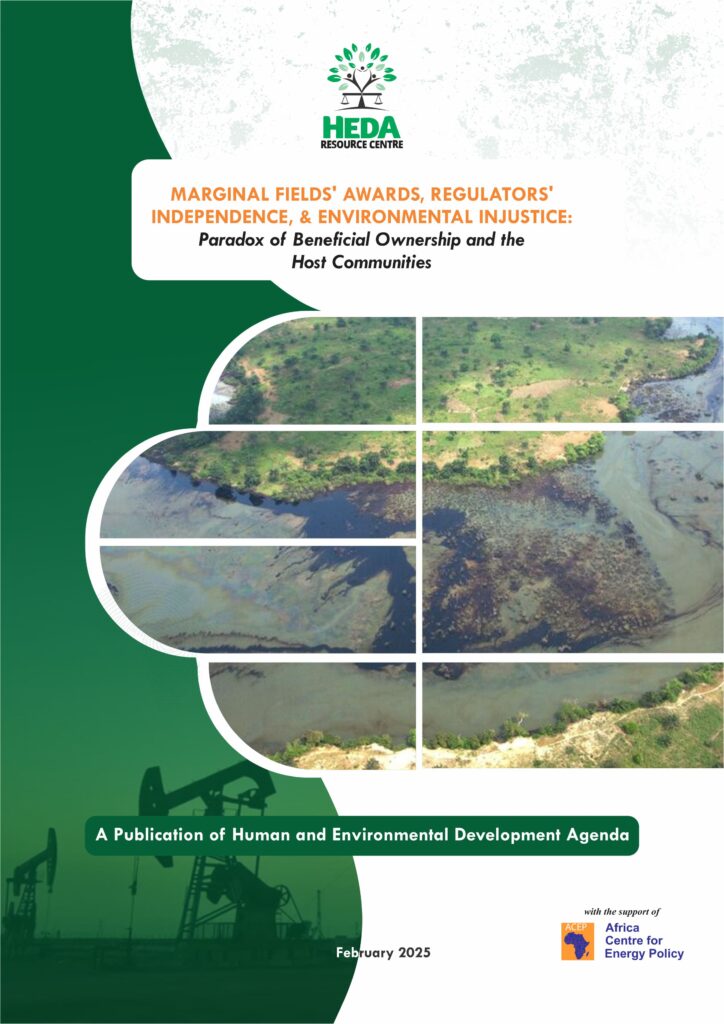Nigeria’s battle against corruption has received a clarion call for judiciary reform from prominent lawyer and human rights activist, Ms. Ayo Obe. Speaking during the April Edition of the HEDA’s Monthly Advocacy Series titled “Chatting with HEDA,” Obe emphasized the crucial need to address shortcomings within the judiciary, particularly focusing on judges.
Highlighting the importance of a holistic approach to combating corruption, Obe stressed, “To see improvements in our justice sector and the nation as a whole, we must scrutinize those operating within the system. In the fight against corruption, attention must be given not only to prosecutors but also to judges.”
Obe commended President Tinubu for convening a conference on justice reform, citing it as a timely initiative. However, she expressed concerns regarding the prolonged delays and manipulation of the legal system by politically exposed individuals (PEPs) to evade accountability.
She pointed out flaws within the legal framework, citing the Administration of Criminal Justice Act designed to expedite trials and minimize technical objections. However, she lamented its ineffective implementation, leading to significant delays in delivering justice.
Addressing systemic challenges, Obe emphasized the pivotal role of law enforcement agencies, particularly the Nigeria Police Force (NPL), in expediting trials and enhancing forensic capabilities. She underscored the need for efficient case management, urging for seamless transition of cases between investigating officers to ensure continuity and timely resolution.
Regarding the pervasive issue of corruption, Obe highlighted societal conditioning, where corruption is often normalized as a prerequisite for accessing services or justice. She urged for a paradigm shift towards zero tolerance for corruption and emphasized the importance of accentuating the negative consequences to deter corrupt practices.
In the face of politicization and impunity surrounding corruption cases, Obe called for an end to immunity and impunity for politically exposed individuals, stressing the need for accountability irrespective of political affiliations. She urged civil society organizations (CSOs) to remain vigilant in demanding justice and accountability, offering support to individuals seeking to challenge corruption despite potential threats or intimidation.
Obe’s advocacy underscores the critical need for comprehensive judicial reform and collective efforts to combat corruption effectively in Nigeria.



